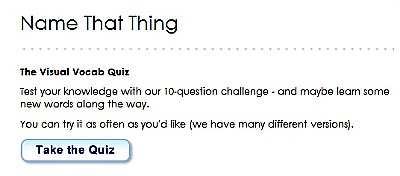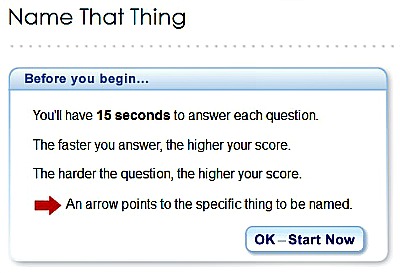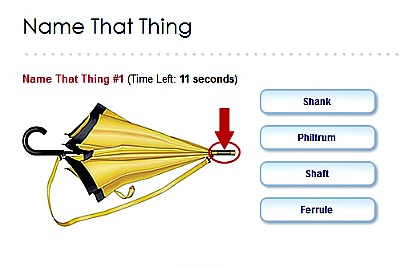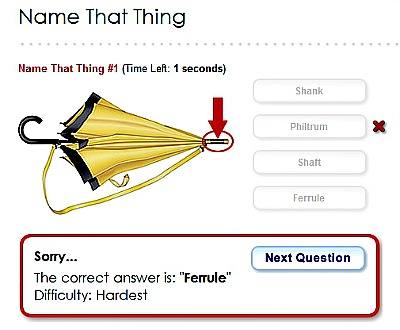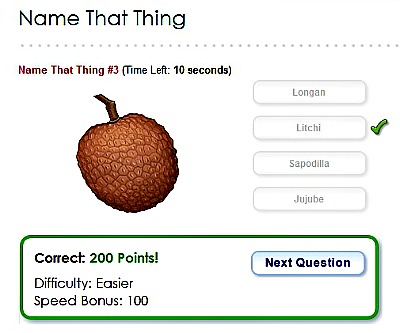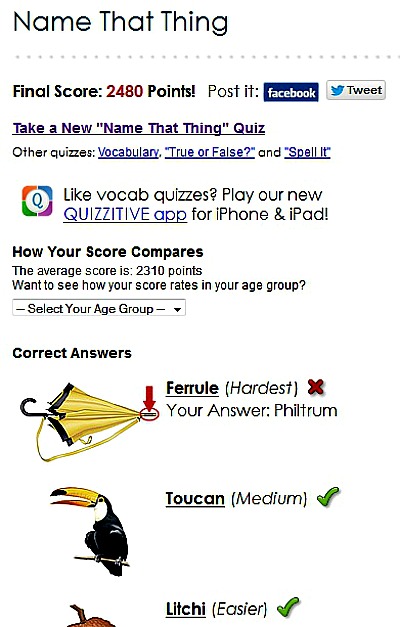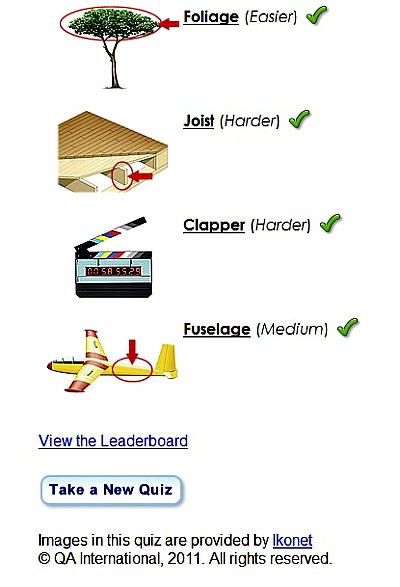| Back to Back Issues Page |
 |
|
Issue #046 -- Week 22/03/15-28/03/15 March 31, 2015 |
Hello,Greetings and General InformationA warm welcome to our new subscribers! I wish you will find My English Club fun and instructive and I look forward to welcome you as a new valued member soon. Read, learn and communicate around the world! Please feel free to contribute to these pages when you have a minute. They are meant to be a platform for exchanging ideas, stories and opinions - an ideal medium for practicing your English, which should be used to the full. Together, let's bring it alive, let's make it the welcoming community you wished for, when you joined. Use the Comments facility at the end of every page and start making friends worldwide. You and your friends can always subscribe individually through the form on My English Club If anybody mentions to you that they are interested in receiving it, please tell them this - many thanks. Also, they can read the previous issues on Back Issues for English Corner E-zine. OK, having said that, let’s proceed with our present lessons and we’ll have this week’s game at the end. Enjoy! Month 7 ~ Lesson 30We started studying three subjects back in September 2014: pronunciation and grammar for improving your communication skills, as well as website design and development, for applying your English in practice once you get skilful in English and website building. Once we covered the basics of pronunciation, we started a new course in reading, which we finished a couple of weeks ago. Following some recent requests, we started a section on learning games, to add the fun into your learning. I do hope you like it - enjoy. Until I'll have the time to write my e-books from these courses, you can find our past lessons for free, as follows: Pronunciation: Grammar ~ Describing EmotionsLast time I promised to touch on describing emotions – well, let’s do it! Now, describing is not what you do when you actually express your emotions, which is what we learnt in our previous few lessons. You describe your emotions when you tell somebody else how you (or another person) felt or how you feel right now. It’s a bit like describing a person, or a thing - you just talk about emotions. Prepositions come into play quite a lot, when we do this, as in the examples below: “I was alarmed at his behaviour.” Note that the preposition at is used to express an emotive reaction to something abstract, like an event, idea, etc. If the reason that causes the reaction is a person or an object rather than an event, we tend to use the preposition with: “She was furious with John.” You can use other prepositions, like about and of: worried about, annoyed about, resentful of, etc. Now, if you wish to explain the situation in more words, you will probably do it by either using a clause with infinitive (with ‘to’), or a ‘that-clause’ (with or without ‘should’) and in these cases the preposition is omitted: “They were alarmed to find the house empty.” You can also express the cause of emotion by the subject in your sentence, or by the agent, should you wish to use a passive voice expression. Take the example we had before: “His father was very surprised at his decision to resign from the job.” Sometimes we just don’t wish to specify the person affected by the feeling. In most of the cases, the person affected is likely to be ‘me’ and imagine we wish to keep that private. In these situations, we use other constructions for describing emotions that are more impersonal, like: If you wish to express the person affected, but still keep the ‘I/me’ private, you can use phrases introduced by ‘to’ or ‘for’: for most people, for the majority, or simply to me: “To me, it’s amazing that so many people can’t speak English correctly.” They need more practice, just like you do and… I wish you have fun while you’re at it. Website Design ~ The Content of Your Site as a PyramidBuild the content of your site like a pyramid, too... Start with your HOME PAGE. It must introduce the "big picture," the Valuable PREselling Proposition ("VPP"), of your theme/concept. From there, each of your TIER 2 pages must focus on a specific topic that is related to that theme/concept. And at the final level, each TIER 3 page must be a sub-category of its corresponding TIER 2 page. A strong home page... • establishes your VPP in its introductory paragraphs. It answers your visitor's "what's-in-it-for-me?" question. It makes or breaks that all-important "first impression." That covers the humans. What about the spiders?... Your Keyword-Focused Content Page must ultimately score in the Top 10-20 search results for your Site Concept keyword, but more on this later. Your TIER 2 and TIER 3 pages must... 1. OVERdeliver great content to humans. Every Page of Every TIER Is a KFCP and must please both human visitors and spiders Yes, the TIER 2 and 3 approach is similar to that of your home page! While the home page focuses upon the fundamental Site Concept keyword, each one of the other pages focuses upon one keyword from your Master Keyword List. For those readers who only recently subscribed to this e-zine, we introduced the Master Keyword List in Issue 020 and the KFCP (Keyword-Focused Content Page) in Issue 021 If your site were a house, it would have one front door, 5-15 side doors, and hundreds of back doors. In other words, humans will find-and-enter your site via any page... TIER 1, 2, or 3. So each page must meet the specific needs of a visitor who is searching for its Specific Keyword. OVERdeliver with high-value content. This convinces the reader to click and read more of your pages, to sign up for your e-zines and RSS feed, but more on this later. Text links to your monetizing sources must flow naturally, in context. If visitors find your home page (which will be the most common entry point as your site matures), and if you captivate them with a solid VPP and strong voice, they will click to a TIER 2. TIER 3 pages are the "end of the road." Your Most Wanted Response now is to get the monetizing click. Naturally, if your visitor links back up to the related TIER 2 or to the home page, that's fine. But do focus on working monetization into these TIER 3 content pages. See Issue 037 about the Most Wanted Response (MWR). While TIER 3 keywords are generally not as profitable as TIER 2 ones, there are a whole heck of a lot more of them! For example, you might have 15 TIER 2s. If each of those links to 15 TIER 3s, you have thrown a "net of 225 keywords over the Net!" Think of your monetizing links as a service to your readers. You offer them as recommendations or tips or "Top 3," etc. -- this is value-added service. So don't just save them for the end, where you impassively list them. Weave them throughout each page, where relevant. Should you build a TIER 4? An ideal niche site, neither too broad nor too narrow, well-researched, should not need to go deeper than 3 TIERs. You should be able to cover it all with 3 TIERs. If you need 400 pages instead of 225 (15 x 15), it's better to go wider (20 TIER 2s with 20 TIER 3s from each), rather than deeper into a TIER 4. But in general, once you are at this size, you should be reducing to "update and maintenance mode." Use your new-found building time more profitably by building another content site, either one in a completely new niche or that expands your current theme. But "carve out" new sites carefully. If a new site is too close to the first one, it's better to keep that content in the original. Game of the Week ~ Name That ThingAnother one of my favourite websites is Merriam Webster Dictionary . You’ll find a lot of useful facilities on this website, but let’s keep focused on the word games here. I chose ”Name That Thing” (NTT) for today, as we’re still working on increasing our vocabulary. This is a vocabulary quiz, which you can take within 150 seconds, that is 2 minutes and a half. How do I know that? You get 10 questions and only 15 seconds per word:
As you enter the game zone, you get the rules and the ‘go-ahead’ button:
Keep going through all the questions similarly, and finally you get to the Final Score page:
This Is It, Folks!I hope you find this information useful and not too confusing. Even though you're in the stage of building on it, have patience at this point in your learning and you'll be able to reap the fruit of your work later on, whichever aspect of our lessons you are concentrating on. Please feel free to comment and suggest your ideas by replying to this email - I look forward to hearing from you. If you wish to chat either with me or with other members worldwide, go to My English Club . Enjoy the rest of your week! Lucia da Vinci Founder of My English Club |
| Back to Back Issues Page |
